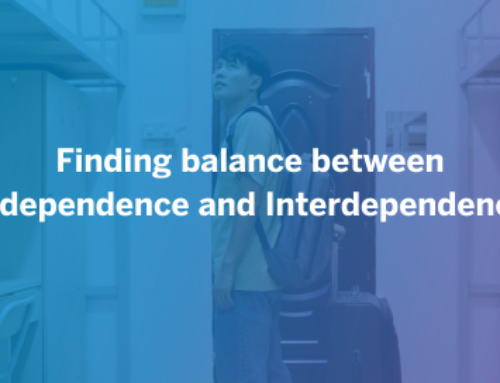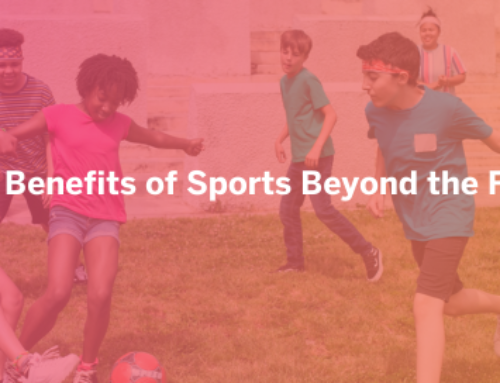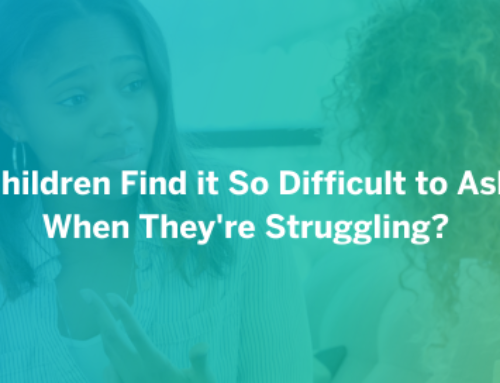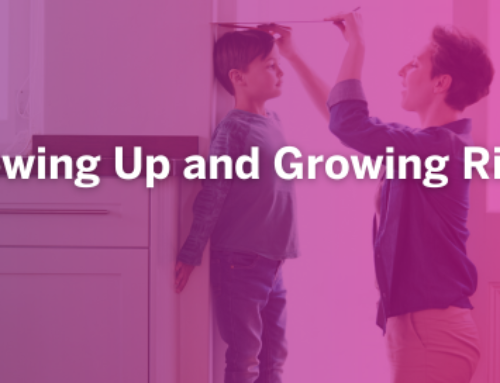
As a kid, I always dreamed of becoming a superhero; little did I know that I would find an abundance of superpowers as an adult everywhere in elementary school classrooms while teaching substance abuse prevention. When I first started teaching I believed I had it all figured out. I thought I would teach a lesson, followed by questions, and then I would answer questions, and that would be that. Simple, right? Wrong! I had no idea the impact these kids would have on me and the powerful gifts they would bestow. These days, when I teach a lesson, I am fully aware that all the little eyes staring back at me, each of the 25 or so students, are all superheroes guiding and educating me in return. When it comes to substance abuse prevention, every student has something to impart, and as their educator, I can use their knowledge to become a better teacher. Together in the classroom, I get to help these kids become aware of the power they hold in the decisions they make, the skills they use to cope, and how they can flourish and reach their greatest potential.
Sometimes it’s hard to comprehend things we cannot touch, measure, and see. It can be challenging, especially for young kids, to grasp that some of the greatest gifts are the ones we cannot precisely measure. Substance abuse prevention is one of these intangible rewards. It begins with learning about the precursors that may lead an individual to turn to substances. For young kids, this is the first step in becoming aware that they are in charge of their choices and that their decisions matter. When the kids recognize that they have the power to prevent and dictate the way they deal with their daily challenges, build relationships, and make informed decisions, everything changes. The greatest gift as a prevention teacher comes when they realize they are not alone in feeling complicated emotions. The paralyzing impact of a distressing emotion is hard for anyone to face but even more challenging for children and adolescents because they are still developing neurologically and don’t have the same amplitude as adults to self-regulate. Recognizing that their peers, caregivers, and teachers also have these feelings is usually a significant eye-opening moment for them.
Many kids don’t realize the effects that substance abuse could have on them. Young people need to get the facts about drug use so they don’t believe everything they hear from the media or peers. As a teacher, it is vital to ensure the students become aware of the impact and damage these substances can have on their brains, bodies, and growth. A key element of prevention is honesty. It starts with speaking openly about substances and their dangers, peer pressures, the good and bad coping skills they may turn to, and the overwhelming emotions we all feel.
My gift as a prevention educator is knowing that I play a part in helping kids build the confidence they will need to overcome the obstacles they will face in the future. I have an opportunity to educate, inspire and support the young superheroes of tomorrow to ensure they find their powerful capes in the form of tools and knowledge so they can thrive, soar and change the world.
Carolina Droze is a LSIS presenter of K-5th programming, freelance writer and copywriter. She is also a mom, wife, surfer, nature enthusiast and a lover of loud music and dancing like she just don’t care.







